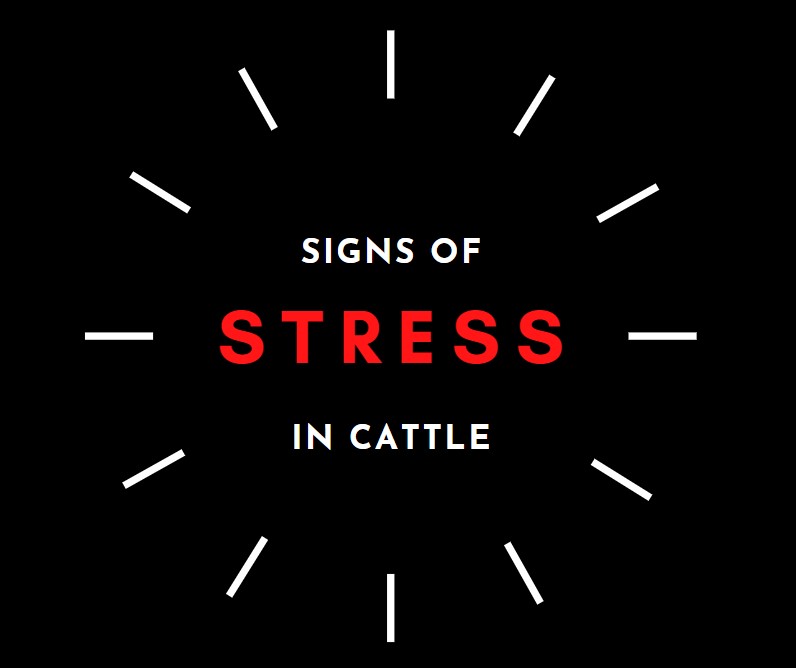
We humans are not the only ones that experience stress. Cattle can also be stressed, and it is essential to know what signs to look for in order to identify when this is happening.
Effects of Stress in Cattle
High levels of stress can lead to poor health, decreased milk production, low energy, weight loss, small or premature calves, increased cases of the disease, and even death if left unchecked. This blog will go over some common signs of stress in cattle so you can spot them before they become a problem!
Signs of Stress in Cattle
When cattle are stressed, they may exhibit a variety of physical and behavioral signs. It is important to be aware of these signs to address the issue before it becomes a bigger problem.
Physical Signs of Stress in Cattle
When cattle are stressed, they may exhibit a variety of physical and behavioral signs. Some common physical signs of stress include:
– They may start to pant and breath heavily.
– Their heart rate may increase, and they may start to sweat.
– The muscles in their body may become tense.
– They may become weak or collapse.
If you notice any of these signs, it is vital to address the issue as soon as possible.
Behavioral Signs of Stress in Cattle
When cattle are stressed, they may exhibit a variety of behavioral signs. Many animals will react with certain behaviors when they are in distress. Some common behavioral signs of stress include:
– Cattle may become agitated and restless.
– They may stop eating or drinking.
– They may start to chew on things obsessively.
Addressing stress in cattle early can help prevent bigger problems down the road.
Causes of Stress in Cattle
There are many things that can cause stress in cattle. The most common reasons are food and the environment.
Feeding them inappropriately can lead to stress. This includes providing them with too much food or not giving them enough food. Feeding them less than the appropriate amount of food can cause them to be overstressed because they will not have enough energy to do anything but stay idle. Conversely, if cattle are fed too much food, then they will start to overeat, which puts more weight on them and makes it difficult for their stomach and intestines to function properly.
Another common cause of stress in cattle is heat. The temperature can be too high for them, especially if their living space does not have enough shade or bedding material on the ground. If they are exposed to extreme temperatures, then it will make them very uncomfortable, which causes stress levels to rise even more quickly.
How to Reduce Stress in Cattle
You can reduce their stress levels by providing an area out of the sun with plenty of bedding material and shade for them to rest in.
Another effective method that can help stress-free cattle is by feeding them appropriately and timely. Too much food or not enough food can lead to over/under-stressing, which will produce negative consequences such as decreased milk production, increased cases of the disease, and death. Make sure you monitor their food intake to prevent this from happening.
You can also try our FortiMILK® GREEN, a unique blend of ingredients sourced from nature, designed as a supportive measure to aid and improve recovery during times of disease, stress, ill-thrift, and gastric upsets. The non-medicated formulation ensures suitability across all species, ages, applications, and farming systems.
Lastly, make them feel comfortable by keeping the appropriate temperature for cattle in mind. If it is too hot or cold out, provide an area with shade and/or bedding material that will keep them warm enough not to be stressed out. Make sure there isn’t anything in their environment that makes them anxious.
Stress in cattle can have very negative consequences, so it is vital to be aware of the signs and address the issue as soon as possible. By following these simple tips, you can help reduce their stress levels and keep them healthy and productive.
